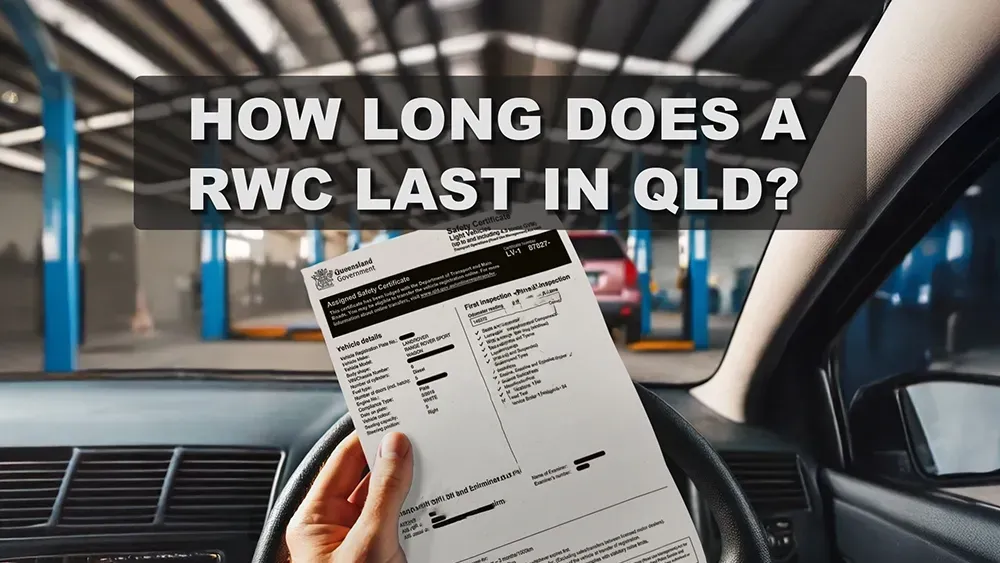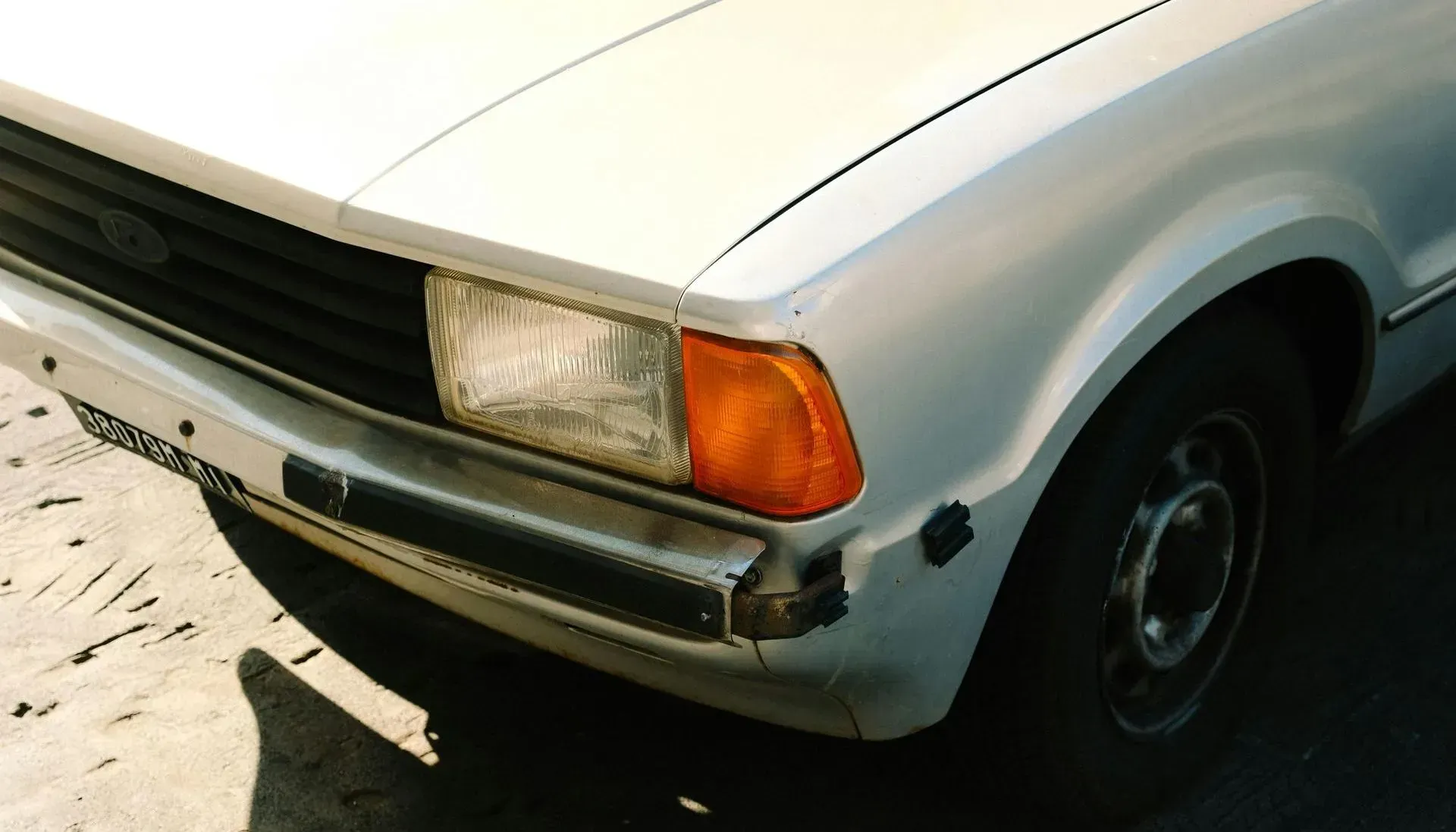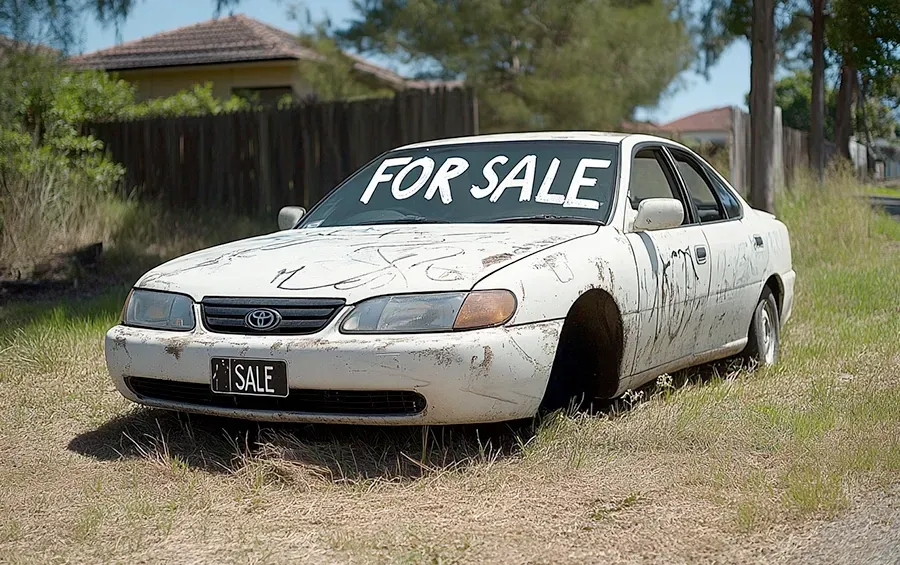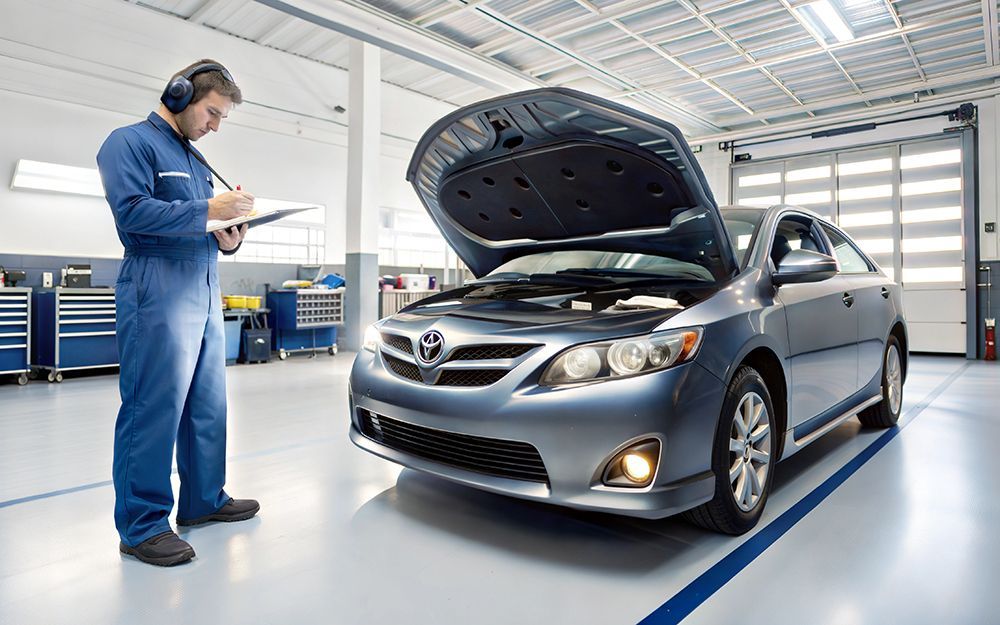How Dealer Trade-in Works: How Dealers Determine Your Cars Value
Ever wondered why the dealer’s trade-in offer for your car feels lower than expected? There's more to it than just negotiation tactics.
March 17, 2025
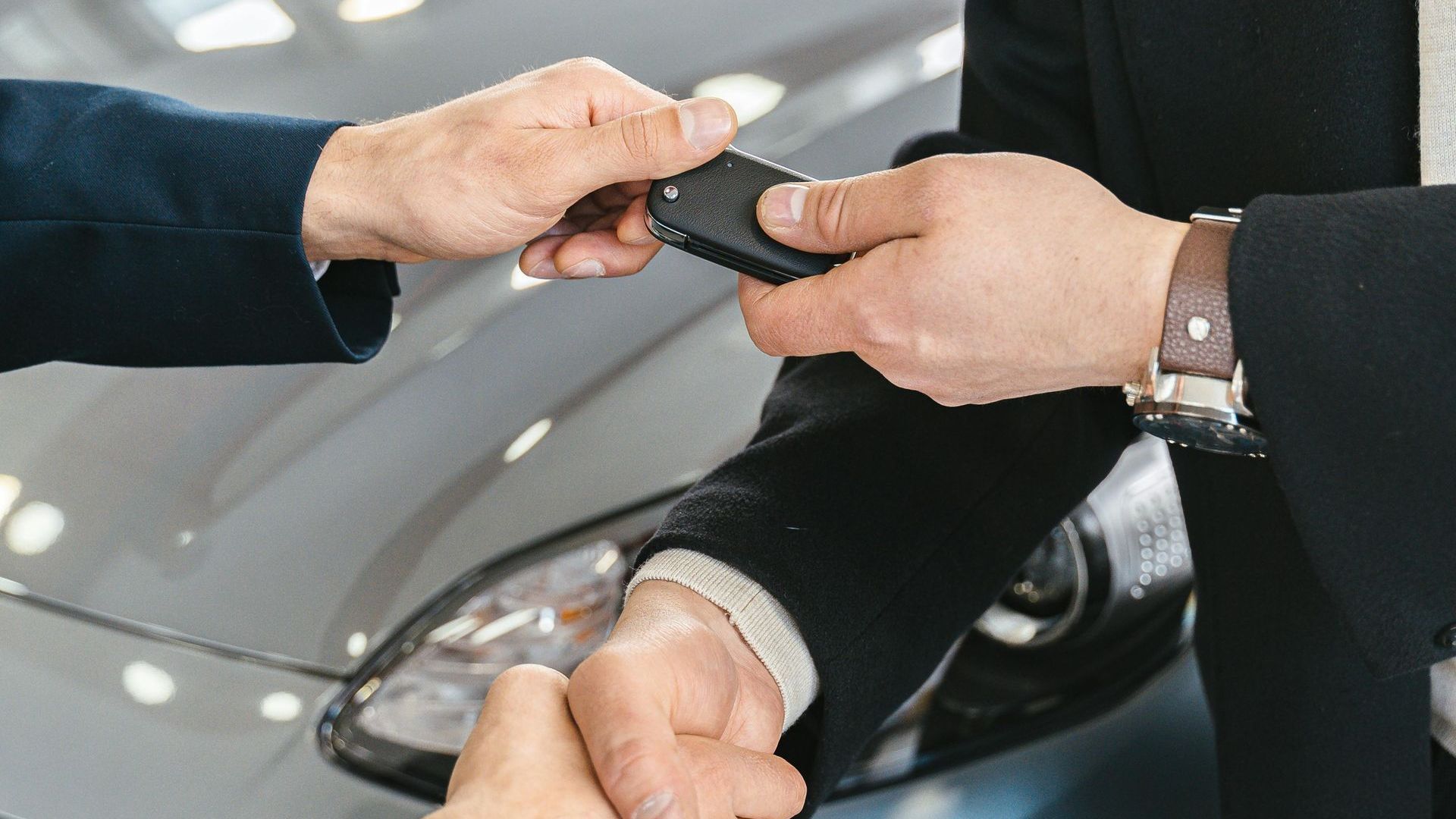
How Do Dealer Trade-ins Work?
Trading in your old car is often the most stressful part of buying a new car. Most car owners choose between selling privately or trading their vehicle directly to the dealer. However, the convenience of a dealer trade-in usually means accepting a lower valuation.
The reality is that dealership trade-in values reflect significant overhead costs associated with running a physical dealership. But trading in doesn't have to mean losing out—this guide explains exactly how dealerships determine your car’s value and offers strategies to help you secure a fair deal.
Understanding the behind-the-scenes factors that influence your car’s trade-in value can put you in the driver's seat during your next dealership visit.
Step-by-Step Guide to Dealer Trade-in Valuations
When you trade in your car, dealers assess it by considering market conditions, costs involved, and expected profits. Typically, a dealer aims to make around $3,000 profit per trade-in to keep their dealership running smoothly. Here's how it works:
Step 1: Initial Inspection & Roadworthy Certificate (RWC)
Firstly, the dealer assesses if your car meets the standards for a Roadworthy Certificate (RWC). If repairs are needed—like replacing tyres, brakes, or windscreen—these costs (usually between $500–$1,500) are deducted from your car's value.
Example: A 2018 Toyota Corolla valued at $20,000 retail might drop to $18,500 if it needs new tyres and brakes to pass RWC.
Step 2: Cosmetic Condition and Detailing Costs
Appearance significantly impacts your car’s value. Dealers factor in detailing costs, typically around $200–$400, to prepare your car for resale.
Example: A dirty 2017 Mazda CX-5 might require $400 in professional detailing and $600 in paint and panel reducing its wholesale value accordingly.
How Dealers Determine the Trade-In Value of Your Car
Dealers don’t guess your car's value; they systematically calculate it based on:
- Market Research: Comparing similar models listed on platforms like Carsales and Gumtree.
- Transport Costs: Often around $200–$400 per car, especially if purchased interstate.
- Staff Wages: Dealerships factor approximately $500–$700 per car to cover employee wages (before commission), including salespeople, mechanics, and administrative staff.
- Advertising Costs: Dealerships allocate roughly $200–$400 per car for advertising.
- Insurance & Taxes: Each car attracts approximately $200–$400 in overhead costs related to insurance and taxes.
Example Breakdown:
| Cost Type | Estimated Cost |
|---|---|
| RWC & Repairs | $800 |
| Detailing | $400 |
| Transport | $300 |
| Wages | $400 |
| Insurance & Tax | $300 |
| Advertising | $400 |
| Total Costs | $2,600 |
| Dealer Profit | $3,000 |
| Total Deduction | $5,600 |
So, if your car's retail value is $25,000, expect a trade-in valuation around $19,500.
Tips to Maximise Your Car's Trade-in Value
- Pre-Trade Detailing: Investing $200–$400 in detailing might save deductions later.
- RWC Ready: Address minor issues yourself to preserve your car’s value.
- Service Records: Presenting detailed service history can boost your trade-in price.
Is Trading-In Worth It?
Trade-ins offer convenience, but dealers have significant expenses. Understanding this helps you negotiate fairly and get a good deal.
The Alternative to Trading In
Selling to a Used Car Buyer
Trading your car to a dealer isn't your only option. Selling directly to a trusted used car buyer can put extra cash in your pocket and save you from hidden dealership costs. If you prefer simplicity, transparency, and a higher return for your vehicle, explore how easy it can be to sell your car quickly today.

